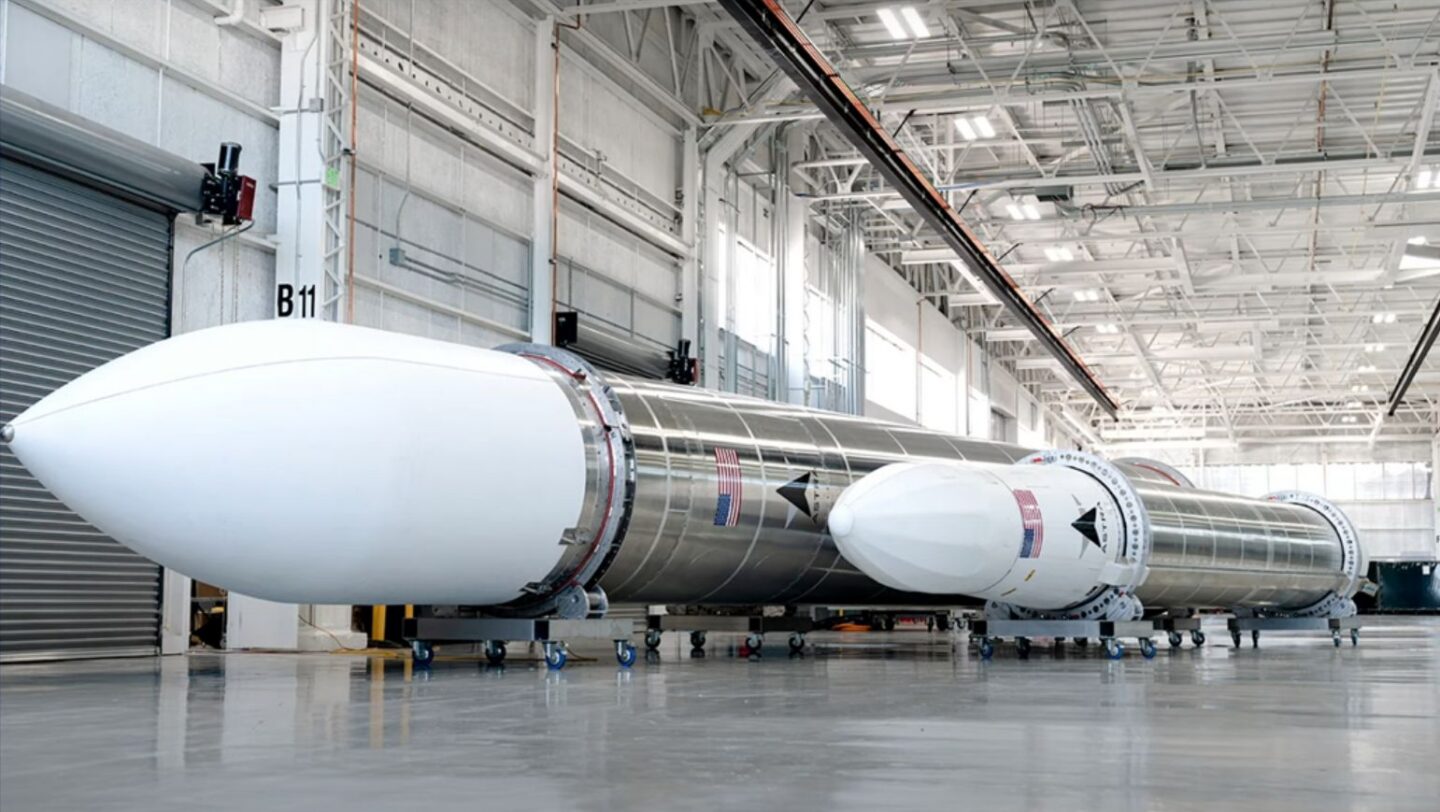SpaceX
Kemp generally praises SpaceX for leading the way with iterative design and founder Elon Musk’s willingness to fail publicly in order to move fast. However, in seeking to appeal to interns, he suggested that Astra offered a better working environment than SpaceX’s Starbase factory in South Texas.
“It’s more fun than SpaceX, because we’re not on the border of Mexico where they’ll chop your head off if you accidentally take a left turn,” he said. “And you don’t have to live in a trailer. And we don’t make you work six and a half days a week, 12 hours a day. It’s appreciated if you do, but not required.”
For the record, no SpaceX interns have been beheaded. And honestly, Chris, that is just a really crass thing to say.
Rocket Lab
Kemp’s longest and oldest rival in the launch industry is Rocket Lab and its founder, Peter Beck. This was especially apparent in a recent documentary that covered the rise of both Astra and Rocket Lab, called Wild Wild West. Kemp did not take any direct shots at Beck during his Berkeley speech.
However, in the late 2010s both Astra and Rocket Lab were racing to develop a small-lift rocket capable of lifting dozens to a few hundred kilograms to orbit, Rocket 3 and Electron. In hindsight, Kemp said, these rockets were not large enough to serve the market for satellites. There just were not enough CubeSats to go around.
“That little rocket is too small,” Kemp said in Berkeley about Rocket 3. “And so is Electron.”
A size comparison between Rocket 3, right, and Rocket 4. Credit: Astra
Electron may be small, but it has launched more than 70 times. It could generate as much as $200 million in revenue for Rocket Lab this year. And it has provided an excellent test bed for Rocket Lab as it seeks to build the much larger Neutron vehicle, with a reusable first stage.
Overall, Kemp’s talk is insightful, offering thoughtful commentary on Astra’s history and vision for the future. The company is a startup again, now focusing on building a mobile, tactical rocket that could serve national defense interests. Instead of focusing on reuse, the company wants to build a lot of rockets cheaply. It has built a large factory in California to accomplish this.
Also, after nine years in the launch industry, Kemp seems to have finally learned an important lesson about rockets: reliability matters.
“Rocket 3 was the cowboy rocket,” he said, noting the company has worked hard to improve its practices and manufacturing to build vehicles that won’t fail anymore. “The big idea was, you can’t get to scale without reliability.”
